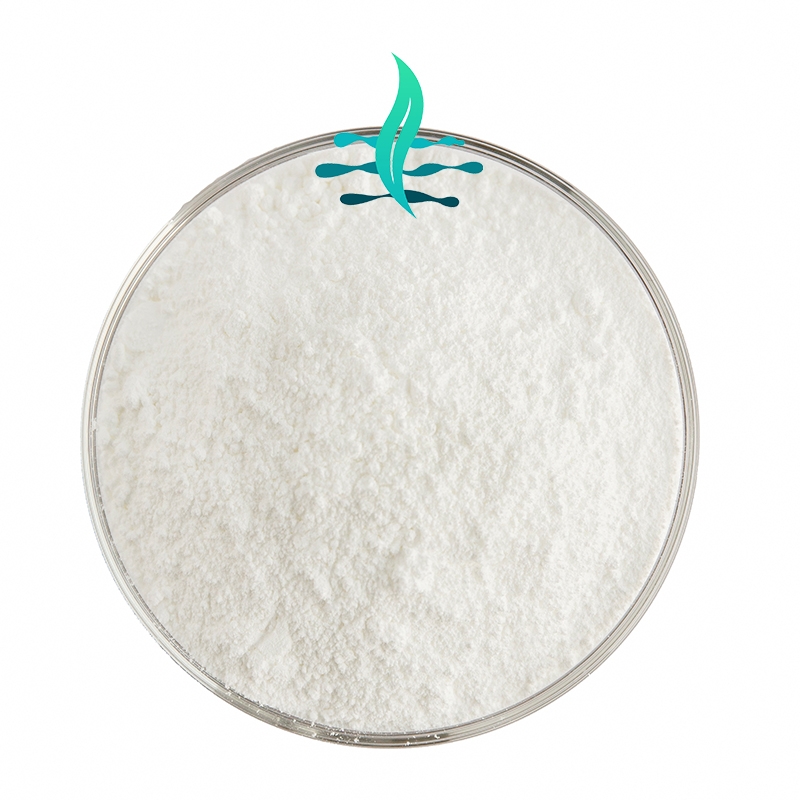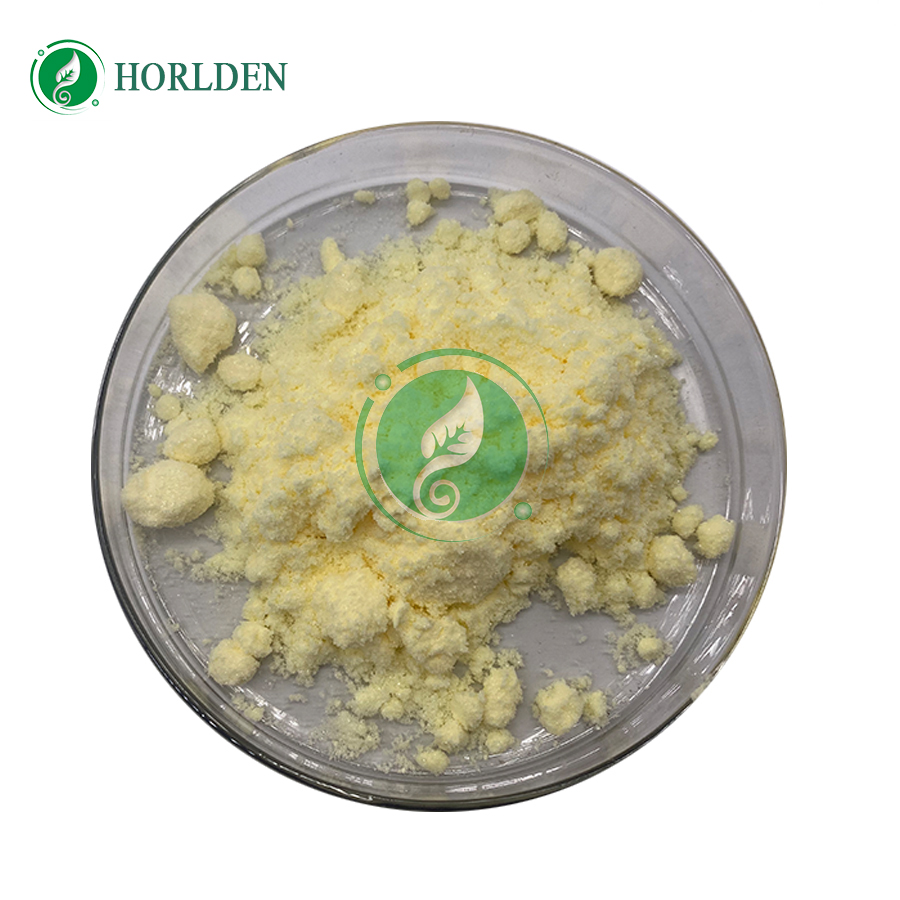New progress has been made in the study of genetic susceptible genes for heavy acne in the Han chinese population
-
Last Update: 2021-03-16
-
Source: Internet
-
Author: User
Search more information of high quality chemicals, good prices and reliable suppliers, visit
www.echemi.com
, commonly known as acne, is a common inflammatory skin disease caused by the blockage of sebum glands and pores, which causes poor sebum outflow. The incidence of acne is regulated by multiple genes and can also be influenced by genetic and environmental factors, which is a complex disease. Acne is clinically classified as light to medium (I.-III.grade) and heavy (IV.grade) according to the Billsbury classification. Among them, heavy acne due to severe skin damage, easy to relapse, easy to form scars, often resulting in permanent damage to patients. Professor He Li's team at the First Affiliated Hospital of Kunming Medical University has been working on acne research for a long time, and has carried out a series of work from acne genetic patterns to disease susceptible genes. In 2014, the He Li team and Zhang Yaping, a researcher at the Kunming Institute of Zoology of the Chinese Academy of Sciences, worked with a number of domestic institutions, using genome-wide association analysis (GWAS), to discover for the first time two susceptible genes related to severe acne, SHELL and DDB2, in groups Chinese, which are associated with androgen metabolic pathogen pathogens, inflammatory processes, and scar formation (He et et al. 2014. Nature Communications)。
traditional genome-wide association analysis is aimed at common genetic variants in populations. Entering the post-GWAS era, researchers began to explore the contribution of rare variants to the genetic susceptivity of diseases. For example, rare variations associated with some diseases may be confined to specific populations due to late occurrence. These rare mutations are not interrupted by recombinant events, resulting in a greater probability of ionization (identity-by-descent, IBD) fragments being distributed in patients than in normal controls. Based on this, Zhang Yaping researcher team and Professor He Li team used IBD positioning strategy to dig deep into Chinese groups of heavy acne GTAS data. In addition to detecting the previously reported DDB2 gene, the researchers also found a new risk gene associated with severe acne, F13A1. Previous studies have shown that the F13A1 mutation can raise the level of lecierle mesotonin 6 to participate in the immune response in the pathogenesis of acne. The results were supported in genotype experiments that independently expanded the sample.
the above research was published online March 25 in the international dermatology journal Journal of Dermatology, with the title Identity-by-descent analysis revealings susceptibility loci for severe acne in Chinese Han cohort. Yang Xingyan, Ph.D. student at Yunnan University, Wu Wenxuan, Associate Professor of the First Affiliated Hospital of Kunming Medical University, and Peng Wei, Associate Researcher of Kunming Institute of Zoology, Chinese Academy of Sciences, are co-authors. Professor He Li and Researcher Zhang Yaping are co-authors. The work was supported by the National Natural Science Foundation of China (U1402223,81460469,81760559,81360234), the Yunnan Provincial Science and Technology Agency Project (2017HA010, D-201612) and the Youth Innovation Promotion Association of the Chinese Academy of Sciences. (Source: Kunming Institute of Zoology, Chinese Academy
)
This article is an English version of an article which is originally in the Chinese language on echemi.com and is provided for information purposes only.
This website makes no representation or warranty of any kind, either expressed or implied, as to the accuracy, completeness ownership or reliability of
the article or any translations thereof. If you have any concerns or complaints relating to the article, please send an email, providing a detailed
description of the concern or complaint, to
service@echemi.com. A staff member will contact you within 5 working days. Once verified, infringing content
will be removed immediately.







